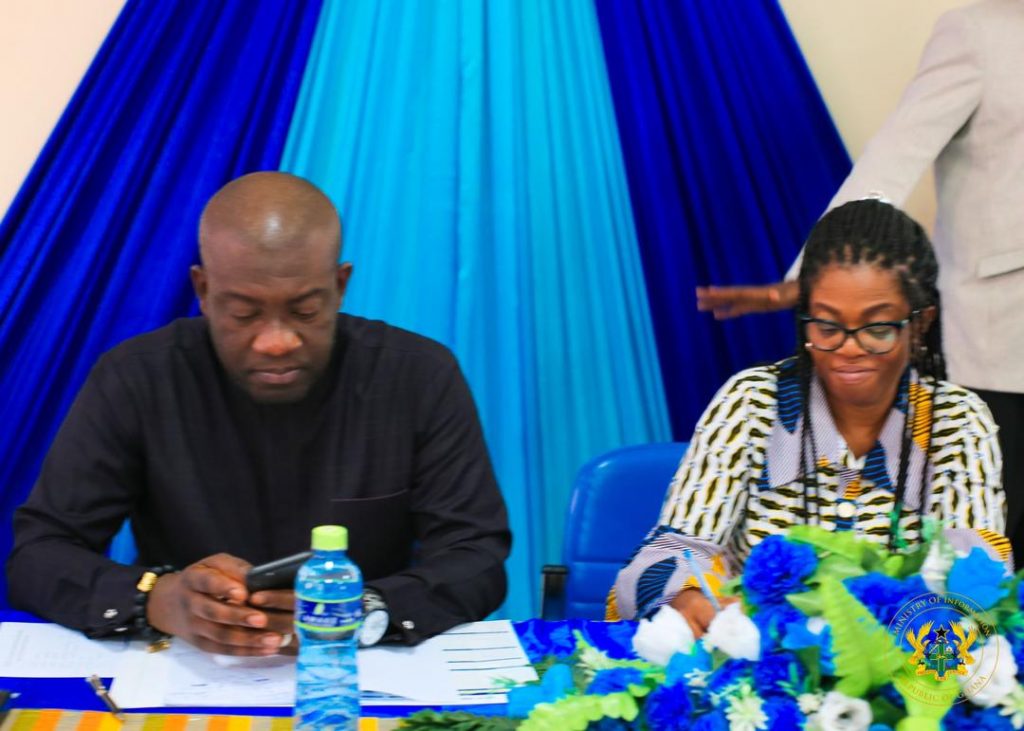
The Ministry of Information has held a day’s workshop in Accra for Chief Directors on the operationalization strategy for the Right to Information (RTI) Law ahead of its implementation in January 2020.
The one day meeting was also to enable the Chief directors share ideas on the final preparations towards operationalization of the Act.

Discussing possible challenges anticipated during the implementation stage, officials of the Information Ministry outlined the interim measures required to respond to expected challenges at the beginning of its implementation.
The Chief Directors were drawn from the Ministries, Departments and Agencies (MDAs) across the country.
The RTI law seeks to give effect to Article 21 (1) (f) of the 1992 Constitution which states that “All persons shall have the right to information subject to such qualifications and laws as are necessary for a democratic society”.
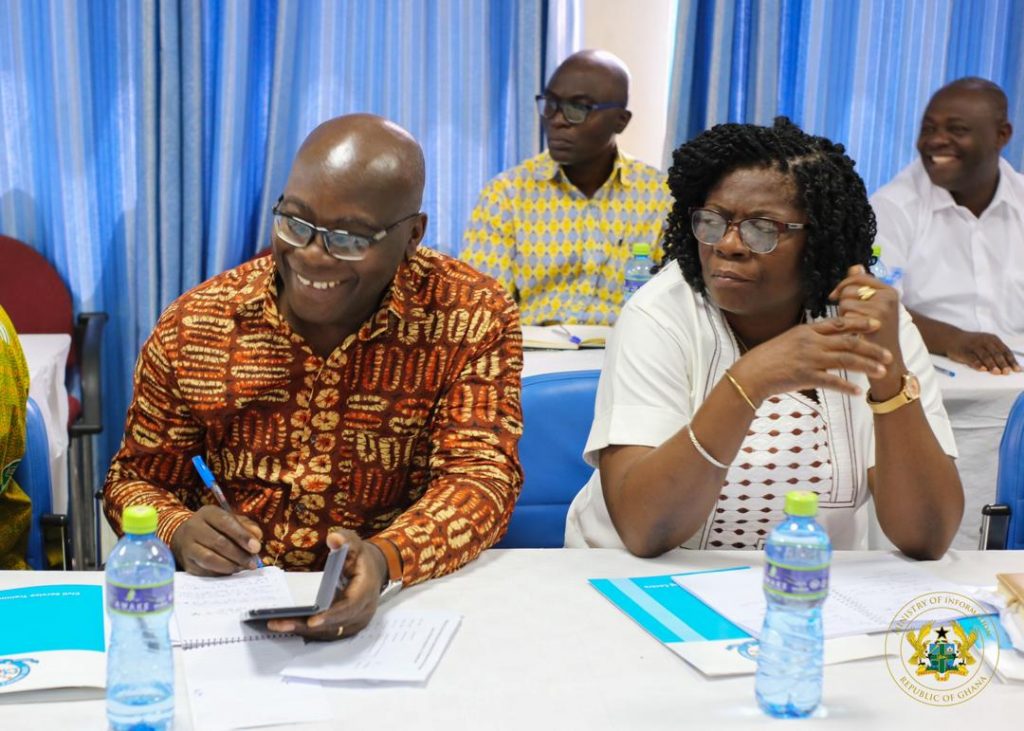
The Ministry of Information has already been working on a roadmap which includes recruitment of RTI officers, establishing Information centres in all government offices, the establishment of the RTI Commission and completion of various administrative protocols.
The Act which takes effect from 2nd January 2020 is expected to make it easier for persons to request for and receive information from public institutions in Ghana.
About the RTI
The right to information is a fundamental human right guaranteed by the country’s 1992 Constitution and recognised as a right under International Conventions on Human rights.
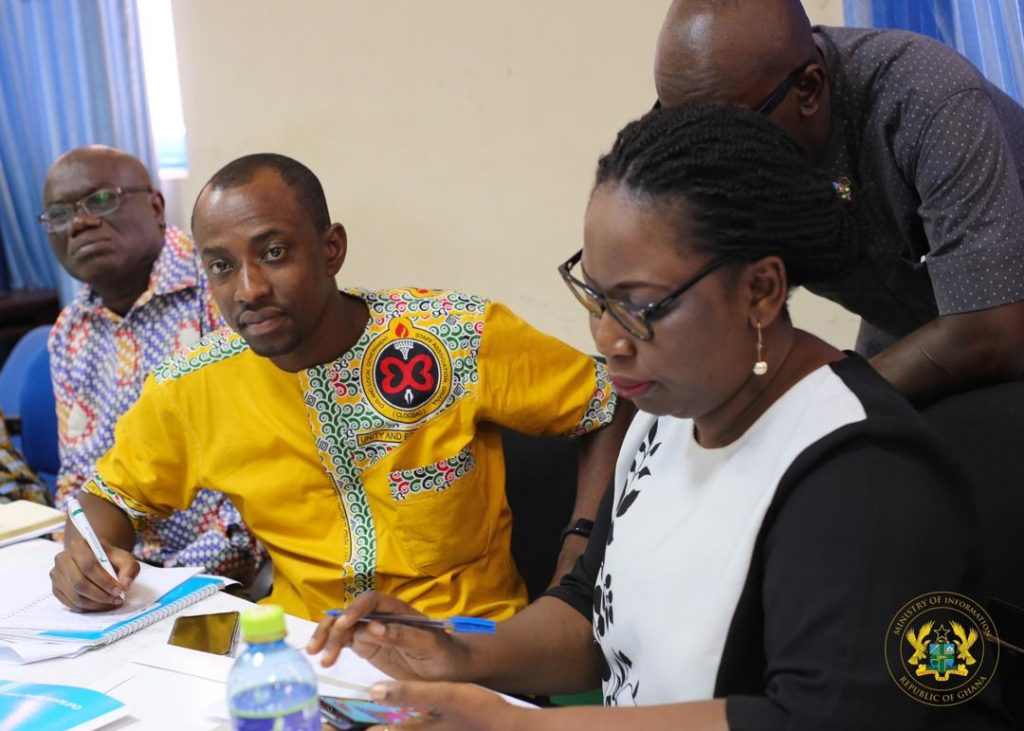
The bill as it has been drafted is to give substance to Article 21 (1) (f) of the Constitution which states that “All persons shall have the right to information subject to such qualifications and laws as are necessary for a democratic society.”
The back and forth
The Right to Information Act was first drafted in 1999 under former president, Jerry John Rawlings.
Various advocacy groups emerged to press for the immediate passing of the bill into law in 2002 and reviewed in 2003, 2005 and 2007.
The National Democratic Congress (NDC) in its 2008 and 2012 election manifestos promised to ensure the Bill was passed. In 2010, it was presented to Parliament for consideration.
In 2011, the government signed unto the Open Government Partnership (OGP) Initiative with a commitment to pass the law. In November 2013, the Bill was formally laid before parliament.
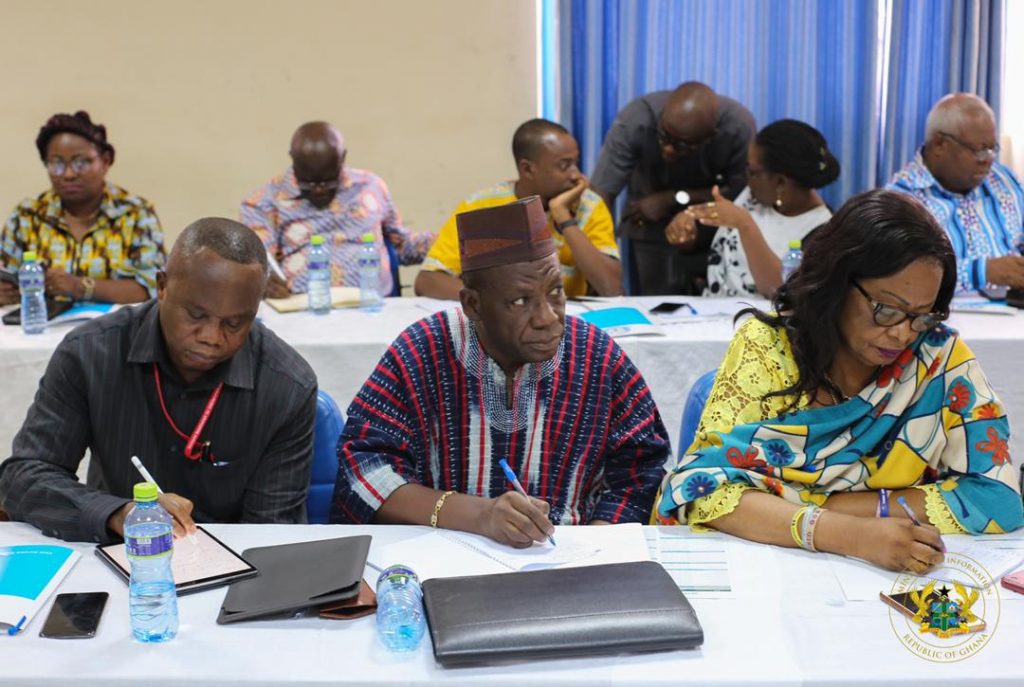
Former Attorney General, Deputy Dominic Ayine in 2015, moved the Bill for second reading in Parliament. In October 2016, the Bill was withdrawn and replaced with a new one which was immediately laid.
Following the dissolution of the Sixth Parliament of the Fourth Republic and the swearing-in of new Parliament in January 2017, the Bill had to be re-laid by the new government before work commences on it.
That was done and the bill was passed earlier this year.
The post Information Ministry holds workshop for Chief Directors on operationalization of RTI appeared first on Citinewsroom - Comprehensive News in Ghana, Current Affairs, Business News , Headlines, Ghana Sports, Entertainment, Politics, Articles, Opinions, Viral Content.
Read Full Story


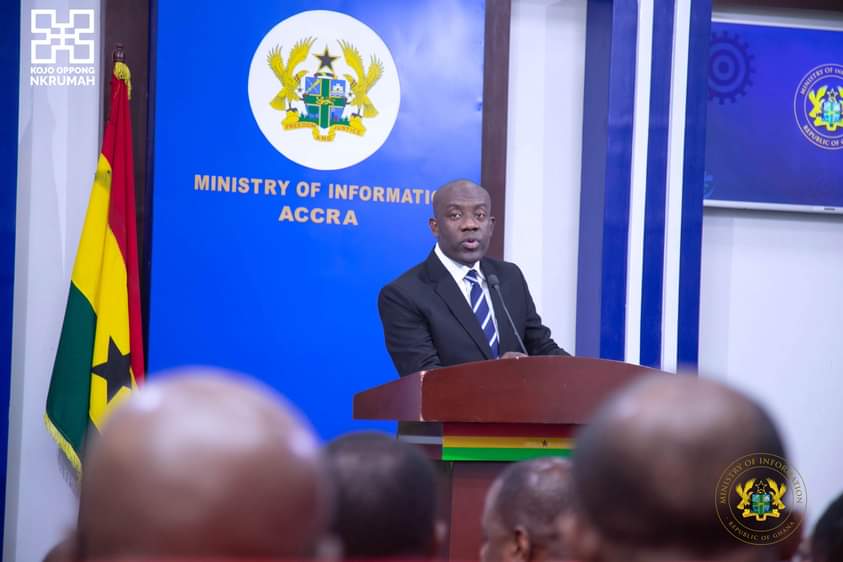














Facebook
Twitter
Pinterest
Instagram
Google+
YouTube
LinkedIn
RSS